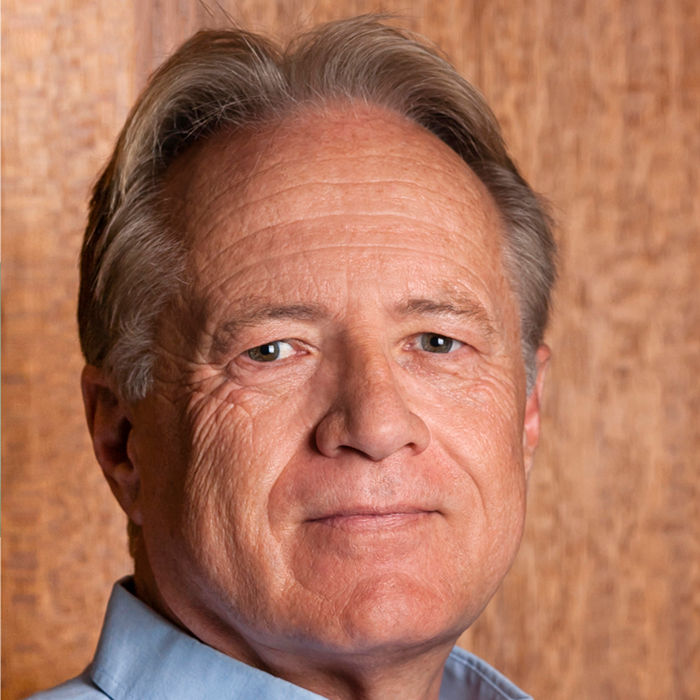
How and/or why did you become a therapist?
I returned to the mental health sphere after a hiatus of almost 30 years in which I “did other things,” serving as a reform politician in South Africa, a global marketing supremo for a banking group and a few private business enterprises, including international board roles in the pharmaceuticals research industry. In the back of my mind I have always been curious about the way people think, including the defective ways in which they think, and this probably prompted me to dedicate the autumn years of my life to helping those in need to rediscover the fulfillment and self-directedness that makes lives worth living.
What are the most rewarding aspects of being a therapist?
Getting paid is nice. On a more serious note, there is a huge amount of satisfaction in observing my troubled clients moving, sometimes quite rapidly, toward the resolution of the issues that have handicapped them. Sometimes they have lived for years with issues that have plagued them, but they’ve never taken the bull by the horns and sought professional help. So, I find it highly rewarding and a source of validation of my own values when I realise that I have contributed to making somebody’s life better than it once was.
What’s unique or special in your background or approach to interpersonal relationships?
I have been around the corporate and political bloc a few times and lived and worked on three continents; I’ve been a bit of a VIP, a dog’s body/donkey, a mover-and-shaker and sometimes, an ineffectual mandarin at others: My unique experiences and my thoughtfulness about them add a depth to my understanding of the issues that ordinary people face. Often because I have faced them myself. There is no substitute for life experience if one wants to be a therapist.
What are your favorite or most interesting interpersonal relationship tips/advice?
Shakespeare provides a far more succinct summary of all the relationships advice that everybody else, from Freud to Carl Rogers have provided in the text books: “To thine own self be true and it follows as day follows night, though canst be false to no man.”
What are some things about therapy that you want to increase public awareness about?
I really want people to grasp the truth, that there is no shame and no reason to be shy to ask for or seek professional advice. Far too many die lonely deaths or damage themselves and those around them because (for one reason or another) they didn’t get help. I want people to understand that getting help is an act of courage, and I want them to know that help is accessible and affordable – and effective.
What are some of the biggest mistakes a therapist or patient can make?
I think the biggest mistake a therapist can make is to assume that the client is on the same page as the therapist…. It’s our job to engage with our clients “where they are at,” and not “where we are at.” There are other, more obvious mistakes and errors of judgment or even of ethics that therapists frequently fall into – ranging from bending the rules to outright and intentional misconduct. I have lost colleagues who have stepped over the ethical and moral line and suffered the ultimate consequences.
Bio
Dr Chris Westinghouse is a Registered Counsellor on the Australian Register of Counsellors and Psychotherapists, a Registered Member of the Australian peak governing body, the Australian Counselling Association, and he is a Clinical Neuropsychotherapist and Certified Member of the International Association of Clinical Neuropsychotherapy, among many others.
He sees private clients and describes himself as a generalist with a handful of special interests.
His practice is located in Sydney, Australia and his website is at www.chriswestinghouse.com or on Facebook at https://www.facebook.com/unpackthat.